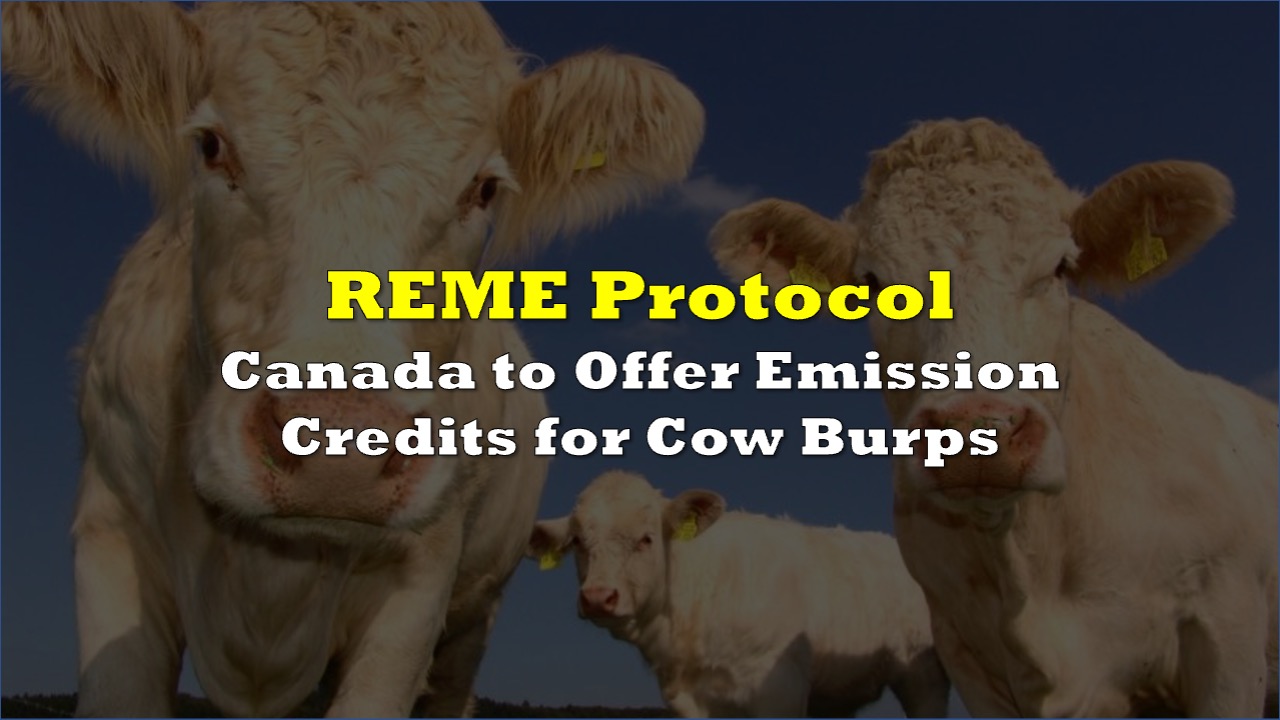Canada has announced new economic incentives for beef cattle farms to mitigate methane emissions from cows, unveiling the Reducing Enteric Methane Emissions from Beef Cattle (REME) protocol.
The draft protocol encourages farmers to adopt changes in their operations, reducing enteric methane emissions during the digestive process of cows. Farmers implementing these changes stand to earn offset credits, tradable in the market, with each credit representing one tonne of emission reductions.
In 2021, agriculture accounted for 31% of Canada’s total methane emissions, with enteric fermentation from beef and dairy cattle being the primary contributor. According to the announcement, the REME protocol directly addresses this issue by incentivizing farmers to reduce enteric methane emissions through changes in cattle management, diets, and other strategies.
The government claims that the move aligns with broader environmental goals, as methane, released during the natural digestive process of cows, significantly impacts greenhouse gas emissions. The project aims to minimize methane and nitrous oxide emissions from manure as well. They noted that some Canadian farmers are already breeding climate-friendly cows, focusing on reducing methane burps.
In a broader context, on December 4, 2023, Environment and Climate Change Canada unveiled strengthened methane regulations for the oil and gas sector. These regulations, spanning from 2027 to 2040, are projected to reduce cumulative emissions by 217 megatonnes (carbon dioxide equivalent) and bring about positive social and economic benefits of $12.4 billion through avoided global damages.
Information for this story was found via Reuters, and the sources and companies mentioned. The author has no securities or affiliations related to the organizations discussed. Not a recommendation to buy or sell. Always do additional research and consult a professional before purchasing a security. The author holds no licenses.





